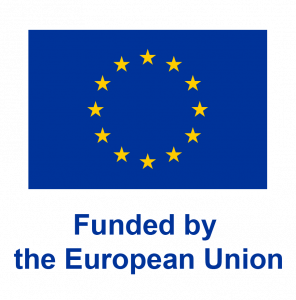
Start date – End date: 01.08.2020 – 30.04.2025
Coordinator: Dr. Abel Polese, Dublin City University, Ireland
Funded under: H2020-EU.1.3.1
Overall budget/EU contribution: € 3 925 791,36
Abstract
In the past ten years, diplomatic and economic relations between the EU and a number of post-USSR republics have steadily improved. Initially concerned primarily with internal political stability, countries like Azerbaijan, Kazakhstan or Uzbekistan have since come to realize that availability of oil, gas and minerals is not a guarantee for a stable and shock resistant economic environment. Efforts to diversify domestic economies and to attract foreign investments have multiplied in the past years in the region, through initiates that include visa liberalization and economic and fiscal reforms aimed at reducing barriers to entry for foreign business seeking access to domestic markets. The response from the international business community to these efforts have been modest to date. While a number of corporate entities have tried to enter new markets, the attractiveness of such newly opened republics remain limited, in large part due to informal barriers to foreign investment. Such informal obstacles and hindrances remain largely under-reported and under-studied, contributing to a more general lack of understanding of local business environments that is exacerbated by a dearth of regional specialists who can understand and navigate the micro and macro socio-political economies of post-USSR markets.
MARKETS responds to novel opportunities emerging in post-Soviet spaces by conducting a study on the influence of both formal and informal factors impacting on access to markets in eight countries in the post-USSR, including two countries per sub-region (Baltics, Eastern Europe, Caucasus and Central Asia) to 1) construct a map of business environments in the region based; 2) create, develop and improve the sustainability of training programmes for future analysts (Doctoral Candidates) to equip them with deep practical understandings of the region, embedded in the newest theoretical and methodological approaches.
The Consortium employs 15 PhD Candidates to work in the partner universities.
The University of Helsinki sub-project focuses on the evolution and coherence of informal and formal rules and practices in the development of post-Soviet institutions. The project examines and compares processes and mechanisms of informality in government institutions of the post-Soviet regions through an exploration of the relationship between formal and informal norms and practices.
Doctoral researcher in the Aleksanteri Institute
Eugenia Pesci
Supervisors
Anna-Liisa Heusala, Principal Investigator
Vladimir Gelman
